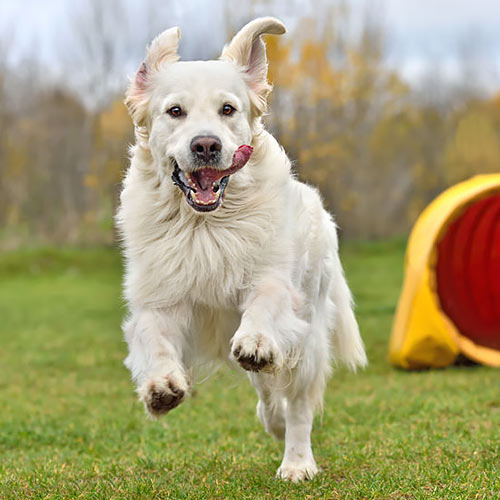There is a large portion of the American public and business owners as to what the legal status of service dogs are. The Americans with Disabilities Act (ADA) gives clarification to what is expected.
 First, the Americans with Disabilities Act defines a service animal as “a dog that is individually trained to do work or perform tasks for an individual with a disability. The task(s) performed by the dog must be directly related to the person’s disability.” Sorry, but therapy dogs and emotional support dogs do not meet the requirements as a service dog and therefore do not have the same legal ramifications. Additionally, there are a large number of “fakers” who try to pass off their pet as a service dog. Please…don’t let your selfishness ruin a privilege of those who really need it – the disabled. Keep pets in areas where pets are legally permitted.
First, the Americans with Disabilities Act defines a service animal as “a dog that is individually trained to do work or perform tasks for an individual with a disability. The task(s) performed by the dog must be directly related to the person’s disability.” Sorry, but therapy dogs and emotional support dogs do not meet the requirements as a service dog and therefore do not have the same legal ramifications. Additionally, there are a large number of “fakers” who try to pass off their pet as a service dog. Please…don’t let your selfishness ruin a privilege of those who really need it – the disabled. Keep pets in areas where pets are legally permitted.
States vary in their access laws for service dogs in training. Most states grant them the same access as “finished” service dogs. Check with your state before taking your SDiT into public.
A true service dog is permitted legal access – when accompanied by the disabled – most anywhere the disabled party is permitted. A few exceptions may be certain wards of a hospital and particular areas of zoos.
Businesses can legally reject a service dog if the dog is barking, marking, has an odor, vomits, jumps, sniffs other customers or products, is rambunctious or is out of control. With the privilege of access comes the responsibility of behavior. True service dogs have had many hours of training in obedience and public access and therefore very seldom have these kinds of prohibiting behaviors. If you see a dog who is barking or doesn’t mind the handler, you’ve probably encountered a “faker.”
Businesses are not permitted to grill service dog owners. Legally, they may only ask two questions: “is the animal required because of disability (is it a service dog)” and “what task has the dog been trained to do?” Legally, no other questions may be asked about the person’s disability or the dog’s training.
Please note that some people make the assumption that because their dogs are granted legal public access that they are also legally permitted to take them into private homes. This is NOT true. Please inform a host about your service dog and ask their permission before taking the dog into their residence.
Federal law has tried to make it possible for those needing a service animal to take their dogs with them. We appreciate the freedom which this gives to the disabled. Breaches happen, unfortunately. But a properly trained and handled service dog is a blessing to many.

